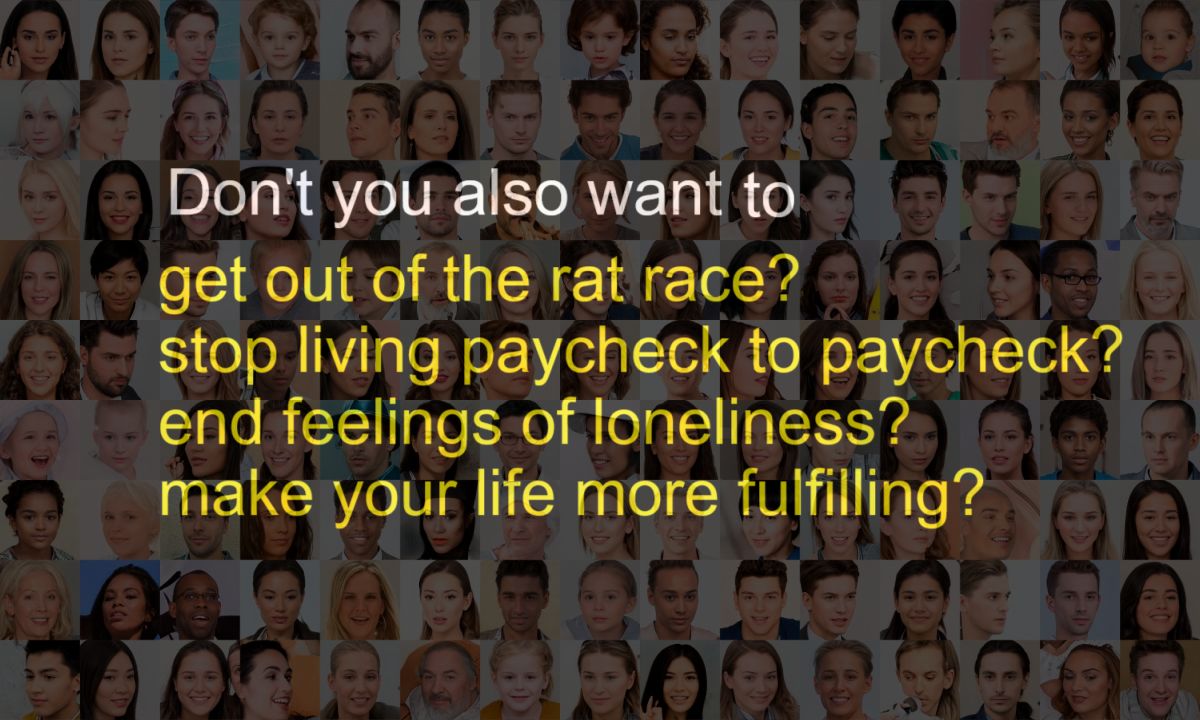Last Updated on August 25, 2025 by Royce Pierpont
In recent months, the United States has witnessed a seismic shift in the landscape of diversity, equity, and inclusion (DEI) initiatives, with the Trump administration’s executive actions targeting these programs igniting fierce debate. While proponents of the rollback argue it’s a necessary correction to prioritize merit-based systems, critics contend that these policies disproportionately harm Black women, who have historically faced systemic barriers in education and employment. This article explores the implications of the administration’s anti-DEI stance, delving into its impact on Black women, the broader societal consequences, and the polarized perspectives shaping this contentious issue.
A New Era of Policy Shifts
On January 20, 2025, President Donald Trump signed executive orders aimed at dismantling what he described as “radical and wasteful” DEI programs across federal agencies. These orders mandate the elimination of initiatives perceived to promote racial or gender-based preferences, with the stated goal of fostering a “colorblind and merit-based” society. The directives have rippled through government institutions, universities, and private sectors, prompting a reevaluation of long-standing diversity frameworks.
The administration’s actions come on the heels of a broader cultural backlash against DEI, which gained momentum after the 2020 protests following George Floyd’s killing. Those protests spurred corporate America and academia to adopt robust diversity programs, often hiring Black women into leadership roles to address historical underrepresentation. However, critics of DEI, including conservative activists like Christopher Rufo, argue that these initiatives have veered into ideological overreach, prioritizing identity over qualifications.
The Disproportionate Impact on Black Women
Data from the Center for Economic Policy and Research highlights that Black women are among the most educated demographic groups in the U.S., with 26% holding bachelor’s degrees or higher as of 2024, yet they carry the highest student loan debt, averaging $43,000 per borrower. Despite their educational attainment, Black women earn just 76 cents for every dollar earned by white men, according to the Bureau of Labor Statistics. DEI programs have been instrumental in addressing these disparities, offering pathways to leadership roles and equitable hiring practices.
The rollback of these initiatives has raised alarms among civil rights advocates. Jenn M. Jackson, a political scientist and contributor to the GenForward Survey, notes that Black women are uniquely vulnerable to the anti-DEI push. “Black women’s labor and qualifications are under constant scrutiny,” Jackson said in a 2024 report. “The dismantling of DEI frameworks risks erasing decades of progress toward workplace equity.” The GenForward Survey, conducted by the University of Chicago, found that 68% of Black women surveyed in November 2023 felt their professional contributions were undervalued compared to their peers.
High-profile cases underscore this concern. The resignation of Dr. Claudine Gay, Harvard University’s first Black woman president, in January 2024, following plagiarism allegations amplified by conservative media, is often cited as a flashpoint. Critics argue that Gay’s ousting was less about academic misconduct and more about a targeted campaign against DEI advocates. Similarly, Black women in corporate leadership, such as Alade McKen at Columbia University Irving Medical Center, have faced anonymous accusations of misconduct, raising questions about selective scrutiny.
The Case for Meritocracy
Supporters of the anti-DEI movement argue that the focus on diversity has led to reverse discrimination, particularly against white men. A 2024 Time magazine interview with Trump revealed his belief that “anti-white racism” is a growing issue, a sentiment echoed by 52% of Republican voters in a Pew Research Center poll conducted in October 2024. The administration’s executive orders align with this perspective, emphasizing that hiring and promotions should be based solely on merit.
Dan Lennington, deputy counsel at the Wisconsin Institute for Law and Liberty, argues that DEI programs have alienated employees and customers by prioritizing ideology over competence. “The push for DEI has created a culture where qualifications take a backseat to identity quotas,” Lennington said in a 2025 CNN interview. He points to incidents like the January 2025 mid-air collision over Washington, D.C., where Trump suggested—without evidence—that diversity hiring contributed to the tragedy, as an example of public skepticism about DEI’s efficacy.
The administration’s defenders also cite economic benefits. A 2025 report from the Heritage Foundation claims that eliminating DEI programs could save the federal government $1.2 billion annually by reducing administrative overhead. They argue that these savings could be redirected to infrastructure or tax relief, benefiting all Americans.
Critics Cry Foul: A Step Backward?
Opponents of the anti-DEI crusade see it as a thinly veiled attack on civil rights. Margaret Huang, president of the Southern Poverty Law Center, told The New York Times in February 2025 that Trump’s rhetoric “uses DEI as a sanitized substitute for racist tropes.” The ACLU has similarly warned that these policies threaten to unravel decades of progress, with 67% of Americans surveyed in 2024 agreeing that Trump’s rhetoric has heightened racial tensions.
The impact extends beyond employment. In healthcare, for instance, DEI initiatives have addressed disparities in maternal mortality, where Black women are three times more likely to die from pregnancy-related causes than white women, according to the CDC. Dr. Emily Hawes-Van Pelt, an OB-GYN in Minneapolis, told Mother Jones in June 2025 that banning terms like “disparity” or “inequity” in medical advocacy hampers efforts to address these gaps. “How do we solve problems we can’t even name?” she asked.
Education is another battleground. The Birmingham Civil Rights Institute, which relies on federal funding, faces potential budget cuts, threatening programs that preserve Black history. A survivor of the 1963 16th Street Baptist Church bombing, speaking anonymously to Teen Vogue in June 2025, expressed fear that these rollbacks could silence narratives of racial justice. “If you ban our stories, you erase our truth,” she said.
Economic and Social Ramifications
The economic fallout for Black women is significant. The Center for American Progress estimates that the loss of DEI programs could cost Black women $15 billion annually in wages due to reduced access to high-paying roles. Moreover, the psychological toll is evident. A 2025 study by the American Psychological Association found that 73% of Black women in professional settings reported increased workplace stress since the anti-DEI push began, citing heightened scrutiny and microaggressions.
On a societal level, the debate has polarized communities. A 2025 Gallup poll revealed that 54% of Americans support DEI initiatives, while 38% believe they promote unfair advantages. This divide is stark along racial lines: 78% of Black Americans view DEI as essential, compared to 42% of white Americans. The rhetoric has also fueled misinformation, with false claims about DEI causing accidents or economic decline gaining traction on social media platforms like X.
Looking Ahead: Solutions and Resistance
Despite the challenges, advocates are fighting back. Organizations like the Morehouse School of Medicine, led by Natalie Hernandez-Green, are training healthcare professionals to address disparities in rural areas, where Black women are disproportionately affected by healthcare cuts. Grassroots movements, such as those led by Julie Burkhart in Wyoming, continue to champion reproductive justice despite legal and social obstacles.
Policy experts suggest that private companies could fill the gap left by federal rollbacks. A 2025 McKinsey report found that companies with diverse leadership are 25% more likely to outperform financially, incentivizing firms to maintain DEI efforts independently. Meanwhile, civil rights groups are preparing legal challenges, with the ACLU vowing to contest the executive orders on First Amendment grounds.
Conclusion
The Trump administration’s anti-DEI crusade has ignited a firestorm of debate, with Black women caught in the crosshairs. While proponents argue it’s a necessary step toward meritocracy, critics warn of a return to systemic exclusion. As the nation grapples with these changes, the voices of Black women—often the most affected yet least heard—must guide the path forward. Whether through legal battles, corporate innovation, or grassroots activism, the fight for equity continues in an increasingly divided America.









